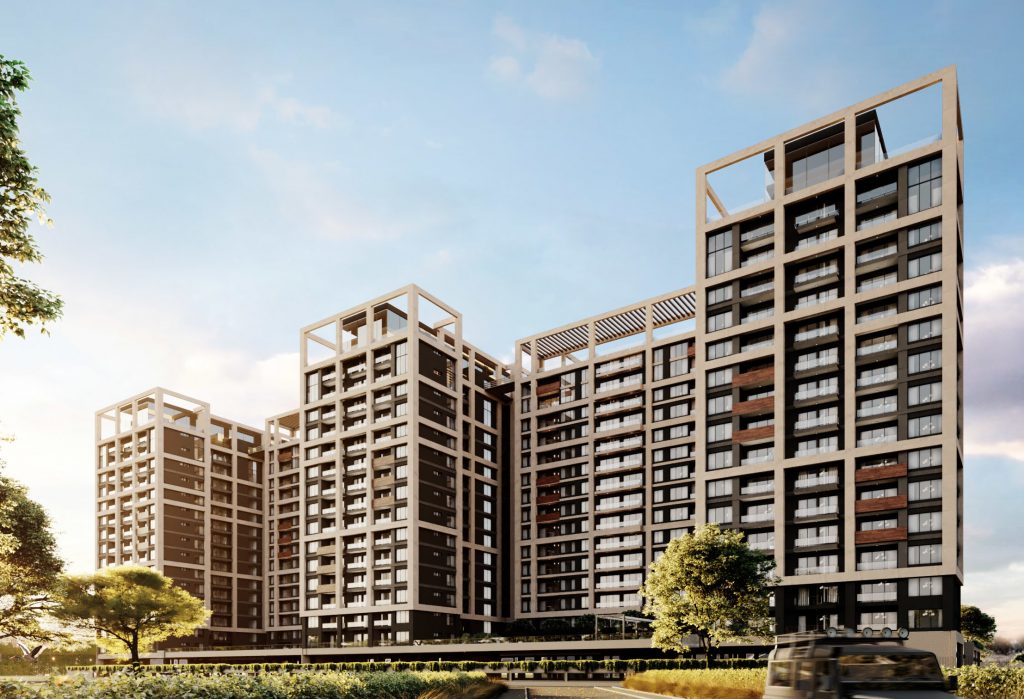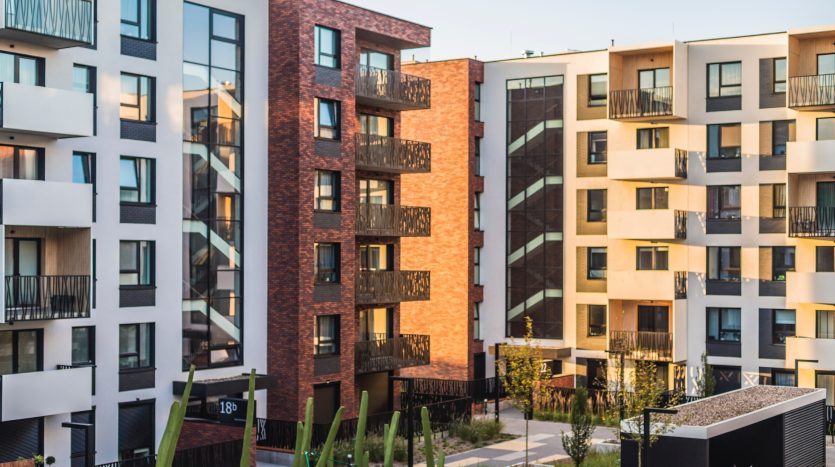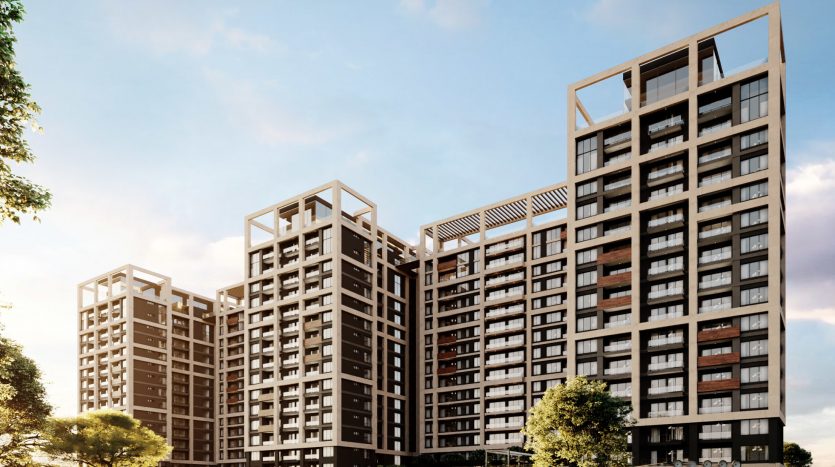Is Buying an Apartment in Kenya a Good Investment?

Kenya boasts a vibrant real estate market, particularly in its thriving cities like Nairobi, Mombasa, and Kisumu. Apartments have become increasingly popular investment choices, appealing to both domestic and international investors. But before jumping into this exciting market, it’s crucial to ask: is buying an apartment in Kenya a good investment?
The answer, like most financial decisions, isn’t a simple yes or no. It depends on a variety of factors, including your financial goals, risk tolerance, and the specific apartment you’re considering. Let’s delve into the potential pros and cons to help you make an informed decision.
Pros of Buying an Apartment in Kenya:
- Potential for Capital Appreciation Over the long term, Kenyan real estate has shown consistent growth, with apartment prices appreciating steadily. This means your investment could become increasingly valuable over time.
- Rental Income: Owning an apartment allows you to earn rental income, providing a regular stream of passive income. This can be a great way to supplement your existing income or even cover the mortgage payments.
- Hedge Against Inflation: Real estate tends to be a good hedge against inflation, as property values typically rise alongside the cost of living. This can help protect your investment from losing purchasing power.
- Diversification: Adding real estate to your investment portfolio can help diversify your holdings and mitigate risk. It’s generally less volatile than other asset classes like stocks or bonds.
- Lifestyle Benefits: For those who choose to live in their apartments, owning real estate offers a sense of stability and security. You have complete control over your living space and can personalize it to your liking.
Cons of Buying an Apartment in Kenya:
- High Initial Investment: The upfront cost of buying an apartment can be significant, especially in prime locations. You’ll need to factor in the cost of the property itself, as well as closing costs, legal fees, and potential renovations.
- Ongoing Expenses: Aside from the mortgage, owning an apartment comes with ongoing expenses like service charges, property taxes, and maintenance costs. These can add up over time and eat into your rental income.
- Vacancy Risk: Finding reliable tenants isn’t always guaranteed, and you may face periods of vacancy where your apartment is generating no income. This can disrupt your cash flow and impact your return on investment.
- Market Fluctuations: While real estate generally appreciates over the long term, the market is not immune to fluctuations. Property values can dip in certain situations, potentially leading to losses if you need to sell quickly.
- Liquidity Challenges: Compared to other investments like stocks, real estate is less liquid. It can take time to sell an apartment, especially if market conditions are not favorable.
Making an Informed Decision:
So, is buying an apartment in Kenya a good investment for you? It depends on your individual circumstances and risk tolerance. Carefully weigh the pros and cons outlined above, and consider these additional factors:
- Your financial goals: Are you looking for long-term capital appreciation, steady rental income, or a place to live? Aligning your investment goals with the apartment’s potential will help you determine if it’s a good fit.
- Your risk tolerance: Can you handle the potential for market fluctuations and periods of vacancy? If you’re risk-averse, real estate might not be the best option for you.
- The specific apartment: Location, condition, amenities, and tenant demand all play a crucial role in the apartment’s potential return on investment. Do your research and choose an apartment in a desirable location with strong rental prospects.
- Seek professional advice: Consult with a qualified financial advisor or real estate agent who can provide personalized guidance based on your unique situation.
Conclusion:
Buying an apartment in Kenya can be a rewarding investment, offering the potential for capital appreciation, rental income, and a stable place to live. However, it’s important to carefully consider the risks and challenges involved before making a decision. By thoroughly researching your options and seeking professional advice, you can increase your chances of making a sound investment that aligns with your financial goals.
Remember, real estate is a long-term game. While there are no guarantees of success, careful planning, due diligence, and a well-chosen property can contribute significantly to your financial well-being.
I hope this article has helped you in your decision-making process. If you have any further questions about the Kenyan real estate market, feel free to leave a comment below!



